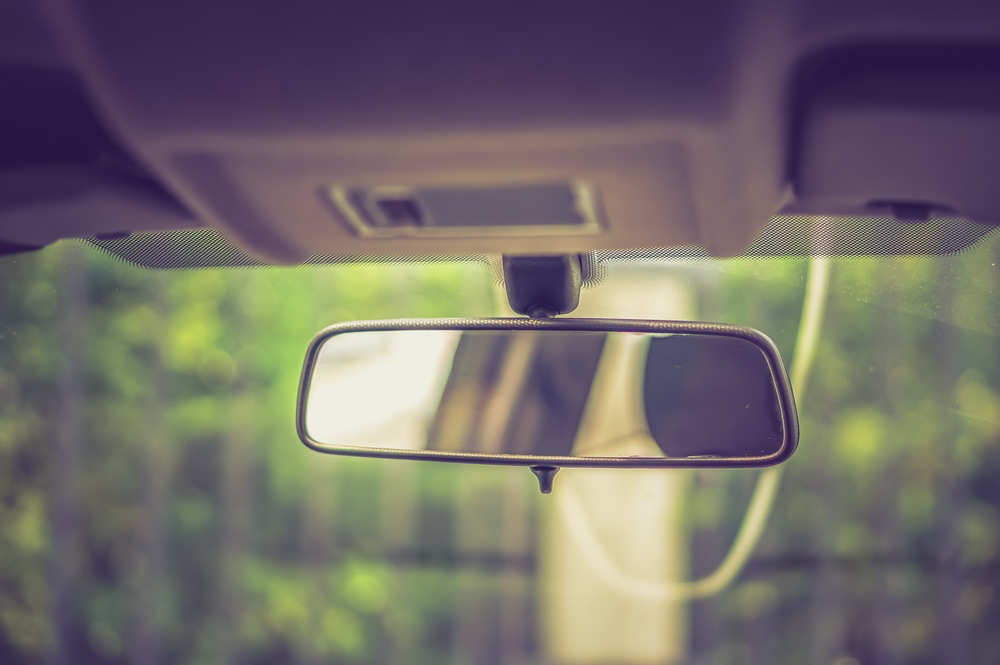The Uber economy’s $51-billion loophole in our $15 minimum wage
In 2014, Seattle passed a landmark $15 minimum wage law to ensure that everyone who works in Seattle can afford to support themselves and their families and contribute to our economy.
But not every company is paying that living wage. Multibillion-dollar companies like Uber and Lyft actually avoid any commitment to a minimum wage and any responsibility to the drivers who work for them. Why? Because they classify all their drivers as independent contractors. But these companies still control nearly every aspect of drivers' livelihoods. The companies have total control over access to customers, and they get to set the minimum payment for a ride, the pay per mile and per minute, and the price of their insurance. And they can change the pay whenever they want.
Then drivers pay a percentage of each fare back to the company (and of course, the company decides what that percentage should be). After that, drivers are responsible for all of their on-the-job expenses. And there are a lot of expenses:
- car payments, two forms of car insurance
- gas, tolls
- maintenance, repairs, cleaning
- devaluation of the vehicle, saving up to replace it
Uber has been valued at $51 billion and growing. Their credit line alone is reportedly $2 billion. But drivers in Seattle (and all over the country) have experienced multiple pay cuts and have absolutely no guarantee of making minimum wage. That just doesn't add up.
Peter, a Seattle Uber driver, breaks down what it looks like:
The lowest fare is $4.20. You pick someone up for a minimum fare, [Uber] takes $1.20 for insurance, right away. You have $3 left. Then they take 20%. You're left with $2.40. Or, for the airport: At $1.35 per mile, [that fare] is like $26. Take out $1.20 for insurance: $24.80. Let them take 20%. You’re left with $20. Put in your gas. Both ways, that's like $5. Then you have $15. Then put your mileage, your personal insurance. Repairs on your car. Cleaning the car. It all comes out of that $15, or that $2.40. That's what's going on.
I'm supporting my daughter. I have my dad and my mom, and they live in Africa, I also support them in South Sudan. They are old people—my dad is blind, he cannot see, and my mom is there. They are old people. They don't have any support. They don't have any alternatives.
Don drives for Uber and Lyft in Seattle:
I’m single, I don’t have any other debts, I do alright. But if I have a bad day or a couple bad days, I don’t do okay. And when the day comes to replace this car, the money won't be there. A year ago, I was making enough money that it was going into savings, and there would be money going to car repairs, and money to replace the next car, which I fully intended to do. I drive this car for three years, and I wanna have a new car for the business, for the customer. And you know, I’m going to look in my account after three years and get another car—that was totally the way I was thinking. And then that August rate reduction just pulled the floor out from under everything. It may not sound like much, but it really is… Before that rate reduction, I really didn’t think much about the wear on my car, because, you know, it’s covered. Now, even when I have a pretty good day, I get a couple hundred bucks and I put about 180 miles on my car. And it takes the sheen off those days.
I am single; I am not raising any children; I have never had any debt in my life other than that car. So I can get by—that's it.
Seattle told the world we value workers and we believe in the right to a living wage—so why are we letting companies get away with slipping through a multi-billion dollar loophole?





